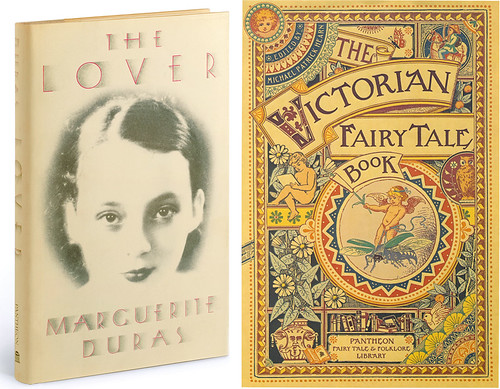


While the case for an intertextual link with The River cannot be proved, the autobiographically charged nature of Amant and its emphasis on foreknowledge invites the viewer to speculate that at each mention of the Mekong crossing it is actually ‘crossing over’ to Renoir’s classic. Could it be, in fact, that Hélène is somehow linked to Indian cinema, or at least films about India? One such film is Jean Renoir’s The River (1950), a colour film shot in English on location near Calcutta and acknowledged by Duras as one of her favourite films precisely because it recalls her childhood spent in the bush.

If we bear in mind the chiastic nature of this process-’I had never seen a film with those Indian women | plaits coming down in front of their body | two long plaits coming down over the front of my body | those women in the films whom I have never seen’-we see that it actually prepares for the narrator’s later eclipsing of Hélène’s breasts. This reorientation of sexual desire restages and reinvests all the other crossings in the novel made by je, in particular her crossing of the Mekong river, an event of mainly metonymical displacement since her male fedora hat was only ‘displaced’ like the vehicles doubled up against each other on the ferry, and because the ensuing sexual ‘experiment’ with the Chinese led simply to a repetition of her family’s violence, pain, despair and dishonour. In the process, Hélène’s ‘sublime’ and amorphous body, ‘incomparable’ like the ‘sea without form’ of sexual jouissance, finds itself rechannelled into the rediscovered, protective, ‘lagoon’ waters of formal, heterosexual desire (Lagon-elle), there to function as no more than a mirror reflecting in the clearest of light the jouissance experienced between je and lui. Inspired, as it were, by this chiastic ordering of forces, the girl-narrator’s controlled circuit of imaginary desire, where she positions herself both masochistically (she is excluded from the sexual act) and sadistically (she is in total control), allows her to desire Hélène narcissistically as a projection of her own desire for sexual ravishment.


 0 kommentar(er)
0 kommentar(er)
